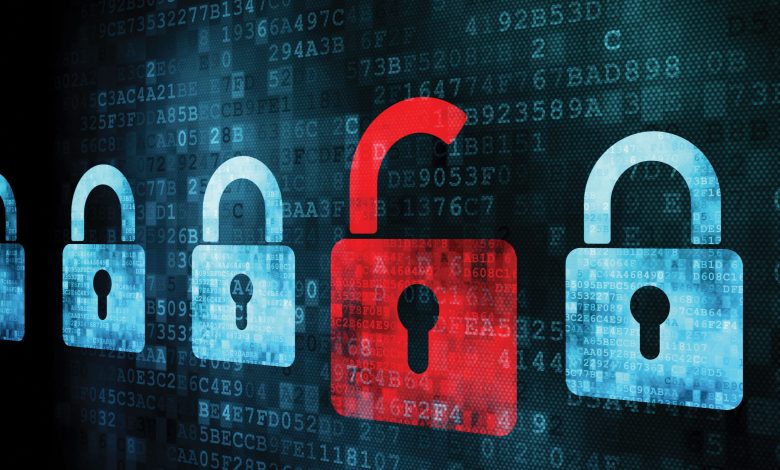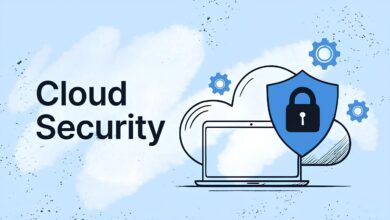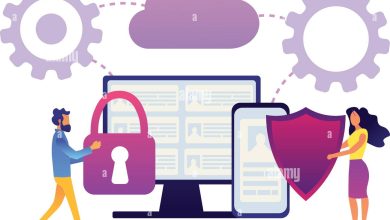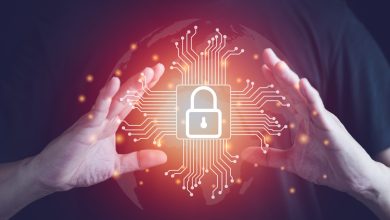What Is Cyber Security?

Why Cyber Security Matters Today
Have you ever worried about someone stealing your personal information online? If so, you’re not alone. In today’s digital world, cyber security is no longer optional—it’s a necessity. Every time you log in to social media, shop online, or check your bank account, you’re exposed to risks. Hackers, malware, and phishing scams are everywhere, waiting for a weak spot. The question isn’t if you’ll face a cyber threat, but when. That’s why understanding cyber security is one of the most important skills you can learn.
What Is Cyber Security? (Simple Explanation)
At its core, cyber security means protecting digital systems, networks, and data from attacks. Think of it like locking the doors and windows of your house—but in the online world. Without cyber security, your devices and personal information are open to intruders. It covers everything from protecting your Wi-Fi connection to securing billion-dollar corporations against cyber espionage.
Cyber security works on three main principles:
- Confidentiality: Keeping information private and accessible only to the right people.
- Integrity: Making sure data is accurate and unaltered.
- Availability: Ensuring systems and data are accessible when needed.
Types of Cyber Threats You Should Know
Cyber threats come in many forms, but here are the most common ones you’ll encounter:
- Malware – Harmful software like viruses or spyware that infect your device.
- Phishing – Fake emails or messages that trick you into revealing sensitive data.
- Ransomware – Hackers lock your files and demand money to unlock them.
- DDoS Attacks – Overloading a website or server to make it crash.
- Man-in-the-Middle Attacks – Intercepting communication between you and a website.
Understanding these threats is the first step to defending yourself.
Core Elements of Cyber Security
Cyber security isn’t just one thing—it’s a mix of practices and tools that work together. Some key elements include:
- Network Security: Protecting your internet connections and devices.
- Application Security: Making sure apps and software are safe to use.
- Information Security: Safeguarding your personal and organizational data.
- Cloud Security: Securing data stored on online platforms like Google Drive or iCloud.
- End-user Education: Teaching people how to spot scams and avoid mistakes.
Every one of these plays a role in keeping digital life safe.
Importance of Cyber Security in Daily Life
Why should the average person care? Simple: your entire life is online. Banking, shopping, healthcare, and even socializing happen digitally. Without cyber security, your personal photos, financial details, and identity are at risk. Cyber attacks can lead to financial loss, stress, and even reputational damage. Imagine someone hacking your Instagram or emptying your bank account—it happens more often than you think.
Careers in Cyber Security
Cyber security isn’t just about protection—it’s also a booming career path. Companies need experts to defend against increasing cyber threats. Some popular roles include:
- Security Analyst
- Ethical Hacker
- Security Engineer
- Incident Responder
- Chief Information Security Officer (CISO)
The demand for cyber security professionals keeps growing, making it one of the most promising industries today.
How to Stay Safe Online (Practical Tips)
You don’t have to be a tech genius to protect yourself. Here are some easy, practical steps:
- Use strong, unique passwords for each account.
- Enable two-factor authentication (2FA) wherever possible.
- Keep your software updated to patch security holes.
- Avoid clicking suspicious links or downloading unknown files.
- Use a VPN when browsing on public Wi-Fi.
- Back up your data regularly.
Think of these as your online seatbelt—they might feel small, but they save you from big trouble.
The Future of Cyber Security
As technology grows, so do cyber threats. From AI-powered scams to large-scale data breaches, the future of the internet depends on strong cyber security. The good news? With awareness, smart practices, and ongoing learning, you can stay safe. Remember, cyber security isn’t just for companies—it’s for everyone. The more you know, the better protected you’ll be.
1. Why is cyber security important?
It protects personal data, financial information, and digital identities from hackers and fraud.
2. What are the main types of cyber attacks?
The most common are malware, phishing, ransomware, DDoS, and man-in-the-middle attacks.
3. Can small businesses be targeted by hackers?
Yes. In fact, small businesses are often easier targets because they usually have weaker defenses.
4. Is using antivirus software enough?
No. While it helps, complete cyber security requires multiple layers, like firewalls, encryption, and safe habits.
5. What are the top careers in cyber security?
Popular careers include security analyst, ethical hacker, and security engineer.


